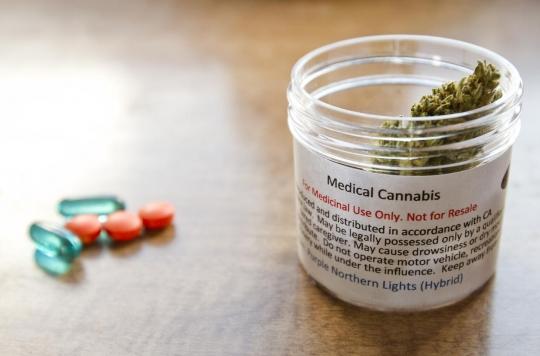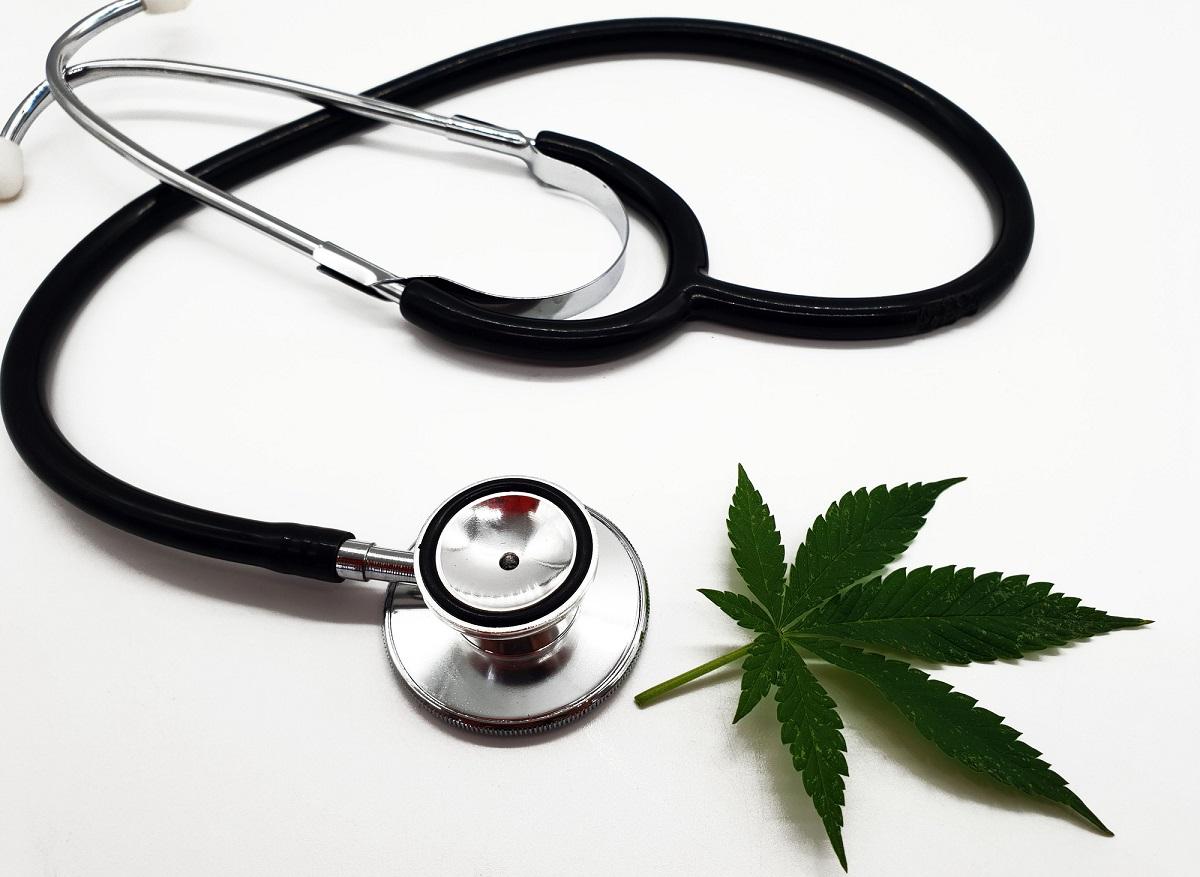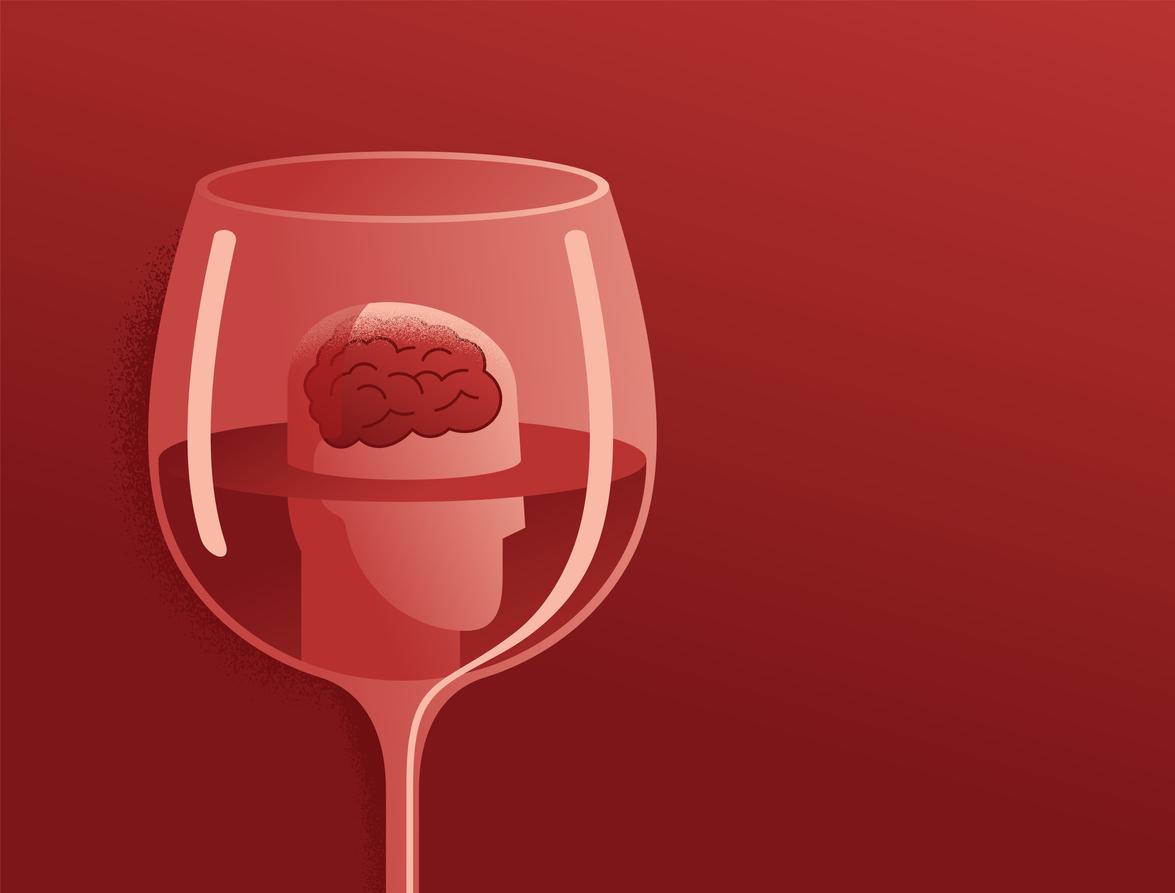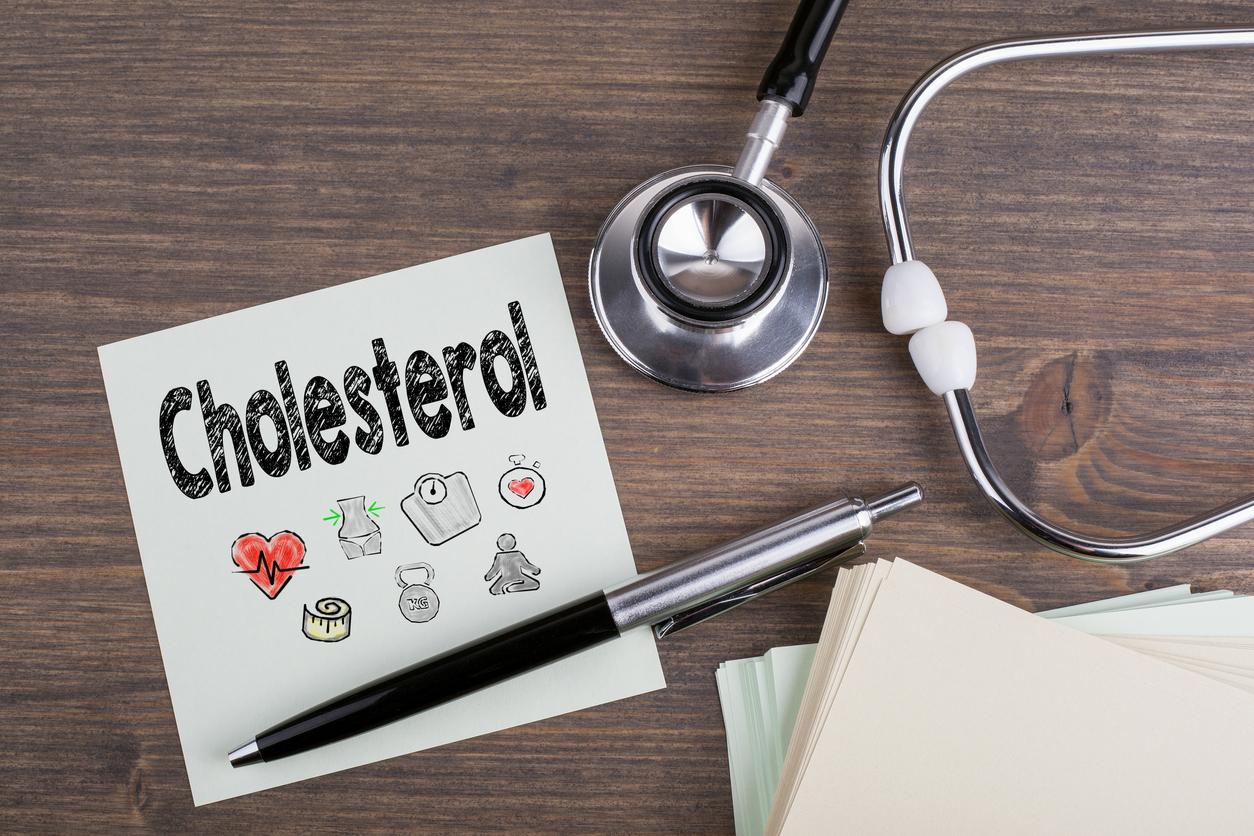The treatment of pain with therapeutic cannabis could be accompanied by taking a peptide orally. The latter would limit the harmful side effects of majiruana on memory and cognitive functions.

- Medical cannabis relieves chronic pain but has detrimental effects on memory and cognitive functions.
- Researchers have developed an oral peptide that would limit these side effects.
In France, the first experiments with therapeutic cannabis were launched last March at the university hospital center (CHU) in Clermont-Ferrand. Participants with serious illnesses benefit from it in the form of oil or dried flowers. “It is the role of medicine to fight disease and relieve pain, develops Olivier Véran, Minister of Solidarity and Health. As a doctor, as a minister, I am proud that France can experiment with the use of cannabis for medical purposes, and thus better support thousands of patients who face serious pathologies.”
30% of French people suffer from chronic pain
The benefits of cannabis are recognized in the context of chronic pain. Currently, in France, 30% of adults suffer from it according to the National Institute of Health and Medical Research (Inserm). The High Authority of Health (HAS) defines chronic pain through several criteria: its persistence and/or its recurrence, a duration of more than three months, an insufficient response to treatment, as well as a significant and progressive deterioration of the functional and relational capacities of the person in their activities of daily living. Some effective treatments are opioid-based, but can make patients dependent.
Marijuana has negative effects on memory
Several studies have proven the effectiveness of therapeutic cannabis in relieving chronic pain, with a lower risk of addiction. But marijuana, even medical, remains dangerous due to its adverse side effects on patients’ memory and cognitive functions. A recent study, published in the journal Journal of Medicinal Chemistry, could change things. Researchers have just found a solution to reduce the side effects associated with taking therapeutic cannabis: administer a peptide orally to patients with each dose. Peptides are molecules formed by the sequence of several dozen amino acids. These can be synthesized by the body or provided by food. Peptides have various functions in the body, some may act as neurotransmitters or hormones.
An oral peptide would limit the side effects of cannabis
In their study, the scientists first studied mice to which they had administered therapeutic cannabis. They then found that by injecting two peptides into their brains, rodents had fewer memory problems caused by tetrahydrocannabinol – or THC – the hallucinogenic active ingredient in marijuana. Their further work consisted in improving these peptides to make them smaller and orally active, in order to administer them more easily. They finally succeeded in developing an oral prototype on just one of the two basic peptides. They gave it to the mice, alongside an injection of THC, and then tested their pain and the impact of taking cannabis on their memory. The results are convincing: those who received the peptide orally were relieved of pain without having any side effects on their memory. The others, who received only THC, had a lower memory capacity. Last positive aspect: this peptide did not cause any side effects on the health of the mice.
Ultimately, this oral peptide could therefore be given alongside therapeutic cannabis to reduce its side effects on cognitive functions without limiting its benefits on pain management.
.















